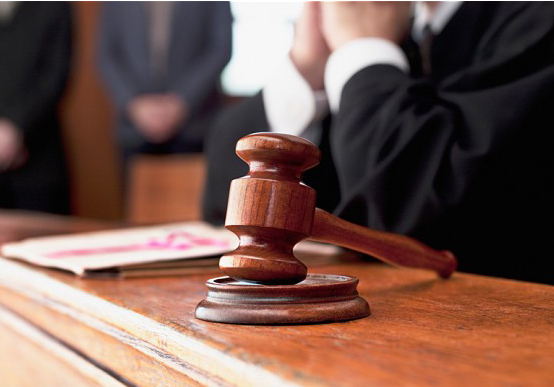The ICJ today called on the Moroccan authorities to develop and adopt, in close consultation with the associations of judges, a Code of Ethics and Judicial Conduct that is fully consistent with international standards on judicial independence and accountability.
The statement came following a high-level mission to Morocco from 19 to 21 December 2016, during which the ICJ engaged with members of the Conseil supérieur du pouvoir judiciaire (CSPJ) and the judiciary on the reforms needed with a view to developing standards of conduct that are in line with the Bangalore Principles of Judicial Conduct and the UN Basic Principles on the Independence of the Judiciary.
The ICJ submitted to the Moroccan authorities and published a memo analyzing and formulating recommendations on the content of the Judicial Code of Ethics, the procedure of its adoption, the composition and functions of the Judicial Ethics Board, and the flaws in in the laws on the CSPJ and on the Statute for Judges regarding the disciplinary system.
“The development of a Judicial Code of Ethics that is consistent with international standards is an important opportunity to reinforce judicial independence and to ensure that the judiciary remain accountable to the public it serves,” said Said Benarbia, ICJ Director of the Middle East and North Africa Programme.
The ICJ is calling for the development of a Code that contain ethical duties that do not undermine a judge’s human rights and fundamental freedoms, including the right to the freedom of expression and association.
It is important not only for the judges themselves, but for the public at large, that the voices of judges are heard regarding in particular questions concerning the administration of justice.
The ICJ considers that the obligations contained in the Code must be precisely defined in order to give judges notice of the types of conduct they should undertake or abstain from.
This is particularly important given the vague and imprecise definitions of disciplinary offences as provided for by the law on the Statute for Judges.
The ICJ calls on the Moroccan authorities to review the provisions on disciplinary offences, including by ensuring that they do not unnecessarily restrict the enjoyment of fundamental freedoms by the Moroccan judges, and that they also include judicial violations of human rights and international humanitarian law, as well as offences of serious judicial corruption.
In the interim, The ICJ recommends that the Judicial Code of Ethics fill that gap by clearly specifying the types of conduct that may render judges liable to disciplinary sanctions.
Furthermore, while the law on the CSPJ provides that a Judicial Ethics Board is to be established to ensure that judges respect the obligations contained within the Judicial Code of Ethics, the ICJ is concerned that neither the composition nor the mandate of the Judicial Ethics Board are clearly specified.
The Moroccan authorities should ensure that the composition of the Judicial Ethics Board is clarified and that its functions are clearly defined, including by entrusting the Board with an advisory role.
“Ensuring that judges are able to consult the Board whenever they have questions regarding the proper application of the Judicial Code of Ethics would contribute to preventing improper conduct and thus reinforce the public’s confidence in its judiciary,” Benarbia added.
Contact:
Said Benarbia, Director of the ICJ Middle East and North Africa Programme, t: +41.22.979.3817, e: said.benarbia(a)icj.org
Additional information:
The ICJ delegation met with Mr. Mustapha Farès, First President of the Cassation Court; Mr. Mustapha Meddah, Prosecutor General of the Cassation Court; Mr Driss El Yazami, President of the National Council of Human Rights; Mr. Yassin Mokhli and Mrs Aicha Nassiri, elected members of the CSPJ; Mr. Mohamed Khadraoui, vice-President of the Amicale Hassania; and Mr Abdellatif Chentouf, President of the Judges’ Club.
Morocco-Code of Ethics-News-Press releases-ARA-2016 (full text in Arabic, PDF)
Morocco-Code of Ethics-Advocacy-Analysis Brief-2016-ENG (Memo in English, PDF)
Morocco-Code of Ethics-Advocacy-Analysis Brief-2016-ARA (Memo in Arabic, PDF)

